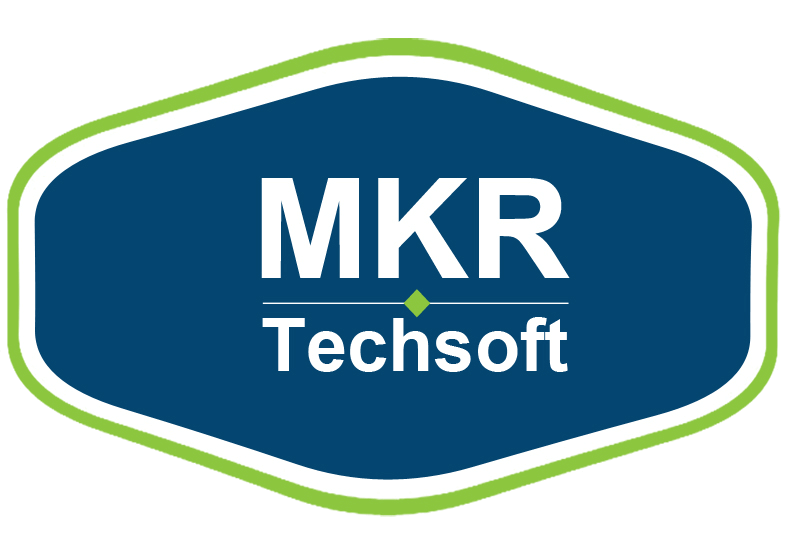A fundamental change resulting from Google March core algorithm update 2024 is radically changing the SEO environment. This significant update may affect the internet in a similar way as the Panda and Penguin updates. Because of this upgrade’s wide-ranging and substantial impact, every seasoned marketer I’ve spoken to has agreed that it’s a significant problem.
Overview of Google March Core Algorithm Update
Being ahead of search engine algorithm adjustments is essential for preserving online presence and relevancy in the dynamic world of digital marketing. Google March Core Algorithm Update is one of the most awaited and consequential improvements, with the potential to drastically alter website traffic and rankings. In this in-depth tutorial, we’ll discuss the most recent Google March Core Update for 2024, covering its essential elements, consequences for website owners, and adaptation tactics.
What is the Latest That You Need to Know About?
Owners of websites and online advertisers alike need to understand and adjust to Google March Core Algorithm Update. The inability to adapt to the most recent criteria and ranking variables may lead to a decline in organic traffic, a reduction in visibility, and eventually a decline in online success. The Google March Core Algorithm Update has the following significant consequences:
Even Websites That Have Endured Prior Modifications Are Vulnerable
Additionally, older websites are not exempt. For individuals who were not impacted by the previous algorithm modifications, there are no adverse effects. Some are cheering, saying it’s time that such substandard websites were taken down after years of gaming the system to stay in SERPs. This is one example of a “link-building agency” that was kicked out: One of the participants in a private Affiliate SEO Mastermind discussion related the depressing experience of an author whose whole network crashed. The article said that the publisher’s eight impacted websites, all of which were launched in the previous 24 months, offered a variety of specialized content. The author made a point of saying that there was little to no assistance from AI and that humans primarily produced the text. Right now, there are zero traffic impressions on any of the eight websites. Right now, there are zero traffic impressions on any of the eight websites. This is where E-E-A-T may have been very important. The wide range of subjects these sites addressed suggests a lack of in-depth subject knowledge, which Google values highly when assigning rankings to web pages.
Google Is Deindexing Websites
Imagine that your website has vanished from Google’s results when you awaken. Many websites saw precisely that with the release of Google March 2024 broad core update. Google made it clear in a statement released on March 5th that it intended to eliminate content that was unoriginal, pointless, and irrelevant from search results.
As part of this cleanup operation, it is anticipated that up to 40% of low-quality websites that provide useless information and a poor user experience—pages specifically designed to match search queries—will be eliminated. In addition to potential penalties, websites found to be abusing Google’s March core algorithm upgrade restrictions or employing questionable SEO tactics may be completely removed from the index and search results. In the days that followed the announcement, the SEO world absolutely collapsed.
The Penalties Are Immediate
This change is noteworthy since the penalties were applied quickly and harshly, leaving site owners frantically searching for solutions. Let’s examine the astounding ten deindexed websites:
Try searching for your website using “site: website.com” to see if you appear in the search results and if it was affected by the Google March core algorithm update. Notably, websites impacted by the spam or core updates from March 2024 “would not get notified of a ranking decline through Google Search Console’s manual action viewer. Google does not inform the website owner when an algorithm change has a favorable or unfavorable effect on it since algorithm updates are automatic.
Vulnerable Are Outdated, Error-Filled Websites
In reference to E-A-T (Expertise, Authoritativeness, Trustworthiness), Google has recently included the existence of incorrect or misleading information as an additional criterion for determining whether material is untrustworthy and has the lowest E-A-T score. Since Google gives consumers access to accurate and trustworthy information priority, websites with poor accuracy or credibility run the danger of being lowered in search results. Maintaining E-A-T, search visibility, and user trust, all depend on content accuracy, transparency, and adherence to established truths.
Little Websites With AI Material Were Also Impacted
An interesting trend is the way these micro-AI content websites are being studied. Google March core algorithm update has enhanced its AI-generated content identification algorithms, perhaps resulting in fines for smaller market players. Craig Griffiths asserts that the most important indicator of artificial intelligence on a website is how frequently new information is posted. One thing needs to be made clear: Google is not looking for AI material.Content that is pointless, repetitious, and unoriginal—whether it is created by people, artificial intelligence, or both—is what Google wishes to remove from its search results. With the most recent change, the goal is to eliminate useless websites and elevate those with worthwhile material. This should serve as a warning to website owners who thought that their heritage would provide protection for them. It demonstrates once more how crucial adaptability is to surviving in the digital age. Don’t worry just yet if you’re in charge of one of these smaller, older domains. Start by performing a thorough site assessment and then address these problems right away.
Conclusion: Quality Comes First
Google March core algorithm update has placed a strong focus on readability, depth, and innovation. Sometimes, websites that were removed and deindexed included copycat or cheap content that lacked unique ideas or perspectives. To tackle this issue head-on, E-E-A-T has to be enhanced. The E-E-A-T standards prove your credibility to Google and, more importantly, to your readers. This means showcasing your writing abilities on your website and referencing credible sources that are relevant to your topic.
With the most recent algorithmic developments, user experience has also become a significant role. Your website should be attractive and effortless for users to navigate. Websites that prioritize keyword optimization above comprehensive UX design standards may suffer consequences. Make sure your website loads quickly, is responsive for mobile devices and has clear calls to action if you want to hold customers’ attention and send positive signals farther up the SEO rankings.Keep in mind that by implementing these changes, you’re improving your website for all users, not just search engine optimizers.















